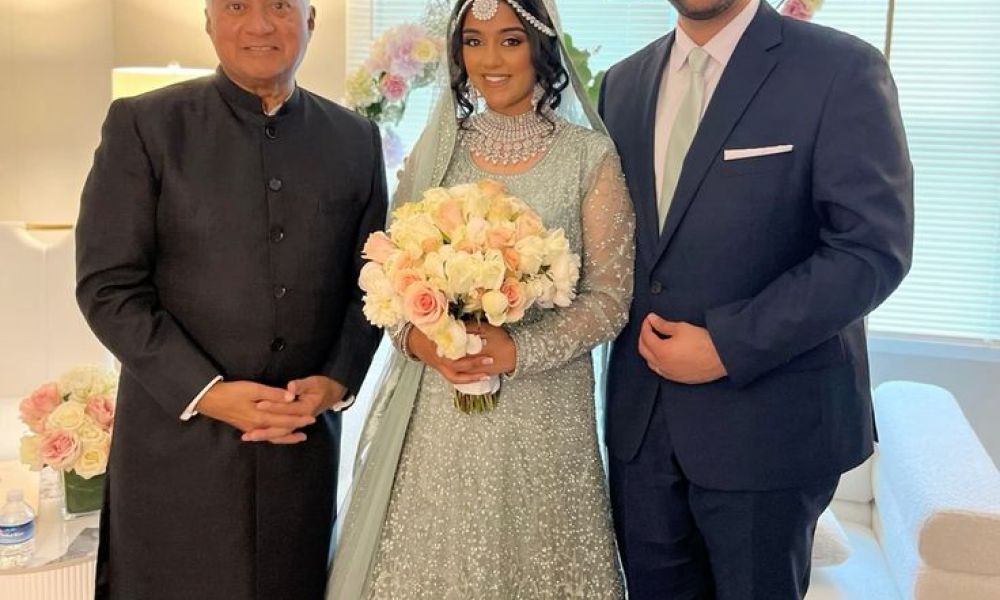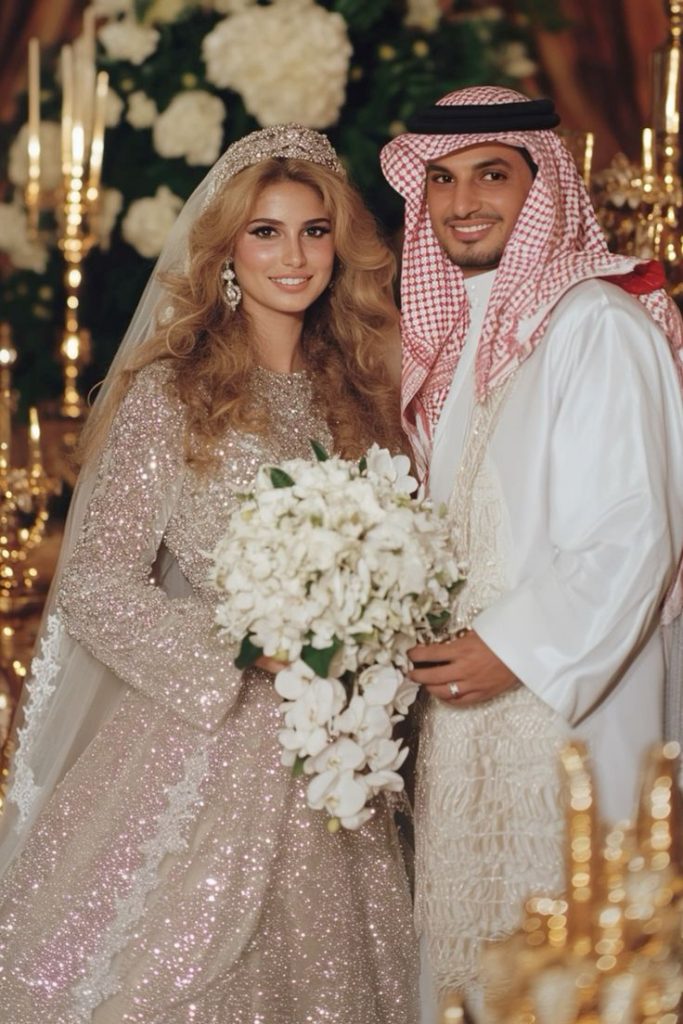
Interfaith Marriages in Abu Dhabi: What You Need to Know
Table of Contents ▼
Interfaith marriages in Abu Dhabi are no longer hypothetical—they are a legally recognized reality under the modern Abu Dhabi civil‑marriage framework. This guide explains how interfaith marriages in Abu Dhabi work, who is eligible, what rules apply, and why this matters for couples from different faiths.
Legal Framework: Sharia vs Civil Marriage Laws
The legal landscape for interfaith marriages in Abu Dhabi consists of two parallel systems. First, Sharia‑based marriage under federal and traditional personal‑status laws applies when at least one partner is Muslim. Second, the civil marriage route, introduced under Abu Dhabi Law No. 14 of 2021 and supported by Federal Decree‑Law No. 41 of 2022, applies when both partners are non‑Muslim.
Sharia laws permit Muslim men to marry women from “Ahl al‑Kitab” (Christian or Jewish) but prohibit Muslim women from marrying non‑Muslims unless conversion occurs. The civil marriage system, by contrast, allows interfaith marriages in Abu Dhabi among two non‑Muslims under a streamlined, secular legal process.
Who Can Legally Marry Under Interfaith Rules?
- Muslim man + Christian/Jewish woman: Marriage is permitted under Sharia, with Islamic procedural requirements.
- Muslim woman + non‑Muslim man: Not permitted unless the man converts to Islam. Any such marriage must follow Sharia rules.
- Non‑Muslim couple (Christian, Hindu, Buddhist, Jewish, etc.): Eligible for civil marriage in Abu Dhabi. This includes permanent residents and tourists from different faiths seeking interfaith marriages in Abu Dhabi via the civil route.
Civil Marriage for Non‑Muslim Couples in Abu Dhabi
Civil marriage in Abu Dhabi offers a modern, secular framework for interfaith marriages in Abu Dhabi. Under Abu Dhabi Personal Status Law No. 14 of 2021 (amended by Federal Decree‑Law No. 41 of 2022), a non‑Muslim couple can solemnize a legally binding marriage through the Abu Dhabi Judicial Department (ADJD) civil family court system.
Key advantages include no requirement for religious procedures, no guardian consent, no medical or health screening, and full gender equality in divorce and custody rights.
Marriage Requirements for Interfaith Civil Marriage
To contract a civil marriage in Abu Dhabi:
- Both parties must be non‑Muslim (Muslims are exempt from this route).
- Both must be at least 18 years old, and must make a formal written declaration of consent and of being currently unmarried before the judge.
- They must not be closely related (no first or second‑degree kinship).
- There is no medical screening, no guardian consent, and no witnesses are required in person—though the notary public officiates and acts as the witness via pre‑recorded vows.
Application Process for Civil Marriage in Abu Dhabi
Couples seeking interfaith marriages in Abu Dhabi via civil marriage should follow this general process:
- Submit an application online via the ADJD portal (requires an Abu Dhabi Pass account), or via an ADJD typing centre in Abu Dhabi.
- Provide required documents: passports or Emirates IDs, proof of dissolution of any prior marriage, optional prenuptial agreement if agreed upon.
- Select service type:
- Regular service (~AED 300): processed within ~10 working days, with court‑assigned ceremony date.
- Express service (~AED 2,500): processed in 1 working day, with ability to choose ceremony date and time.
- Regular service (~AED 300): processed within ~10 working days, with court‑assigned ceremony date.
- Attend the ceremony at ADJD main court: verify certificate draft, sign, and hear pre‑recorded multilingual vows; ceremony witnessed by officiating notary. Guests permitted; rings or personal vows allowed.
- Obtain issued certificate, and optionally attest it via the Ministry of Foreign Affairs for international recognition.
Costs and Timeline for Marriage Registration
- Regular service: ~AED 300, processing within about 10 working days.
- Express service: ~AED 2,500, processed within 1 working day, with date/time selection
- Some couples mention certificate fee or attestation costs (e.g. ~AED 150–300) but official fee for certificate is typically included in the process.
- The total cost for attestation or obtaining duplicate certificate may be extra (~AED 150–300)

Marriage Between Muslim and Non‑Muslim Individuals
Under Sharia law, a Muslim man may marry a non‑Muslim woman who is from a recognised monotheistic faith (People of the Book). All typical Islamic marriage requirements apply: premarital health screening, guardian consent, male witnesses, marriage contract on record at Sharia court, dowry limits, etc.
A Muslim woman may not marry a non‑Muslim man unless he converts to Islam before marriage. This type of interfaith marriage must be conducted under Sharia rules and cannot be processed via the civil marriage system of Abu Dhabi
Religious Conversion: Is It Required?
Religious conversion only becomes a legal requirement when a Muslim woman wishes to marry a non‑Muslim man. In that case, the man must convert and the marriage must be conducted under Islamic law; civil marriage is then not available.
For non‑Muslim couples, no religious conversion is required. The civil marriage system allows interfaith marriages in Abu Dhabi without any religious requirements or conversion.
Post‑Marriage Rights: Divorce, Custody, and Inheritance
For couples who contracted an interfaith marriage in Abu Dhabi via civil marriage:
- Divorce is no‑fault and simplified: either party may file alone or jointly; divorce may be granted in the first hearing after a 30‑day cooling‑off period without proving fault.
- Financial claims: Judges consider factors such as length of marriage, income, contributions, standard of living, etc. A financial expert may calculate lump‑sum maintenance (e.g. ≥ 25% of salary times years married or asset share).
- Child custody: The law promotes gender‑neutral shared custody for non‑Muslims, unlike Sharia courts where the father is guardian. Mothers have stronger custodial rights under the civil regime.
- Inheritance and wills: Non‑Muslim couples are not bound by Islamic inheritance rules; they may distribute assets per mutual agreement or legal will under the personal status law, allowing more flexibility than Sharia inheritance rules.

Marriage Certificate Attestation and Global Recognition
Once the marriage certificate is issued, many couples choose to attest it with the UAE Ministry of Foreign Affairs to ensure its validity abroad.
If the couple plans to relocate or use the marriage certificate in their home country, attestation offers stronger global recognition. It often costs an additional few hundred AED depending on your nationality and embassy requirements.
Common Challenges in Interfaith Marriages
Even though the legal path for interfaith marriages in Abu Dhabi is clear, couples often face practical hurdles:
- Document legalization: Required for foreign‑issued documents—may require embassy, Ministry of Foreign Affairs seals, certified translation. Some couples report long delays if documentation is complex or multi‑country.
- Coordination across countries: If you were previously married abroad, dissolution documents must be legalized and may slow the process for interfaith marriages in Abu Dhabi.
- Embassy procedures: Some embassies require an intention to marry visa application or special notification even when the civil marriage is conducted in Abu Dhabi.
Legal Support and Expert Guidance in Abu Dhabi
Because laws around interfaith marriages in Abu Dhabi differ—Sharia vs civil routes—obtaining professional legal guidance is strongly recommended. Legal experts can:
- Advise whether you qualify under civil marriage rules.
- Prepare prenuptial agreements (recognised under Abu Dhabi Law No. 14) to protect interests.
- Assist with translation, document legalization, or embassy liaison.
- Help you understand post‑marriage rights in custody, divorce, inheritance etc.
Conclusion: A Safe Haven for Interfaith Marriages
Interfaith marriages in Abu Dhabi are now legally supported—especially for non‑Muslim couples through the civil marriage system.
If both partners are non‑Muslim and over 18, the civil route offers a modern, secular, gender‑neutral framework with clear rights around marriage, divorce, custody, and inheritance. Importantly: guardian consent, health screening, pre‑marital approval and other Sharia obligations are absent.
If either partner is Muslim, Sharia law governs. Muslim men may marry “People of the Book”; Muslim women cannot marry non‑Muslim men unless conversion happens.
With transparent procedural steps, defined fees (~AED 300 regular or AED 2,500 express) and national recognition, Abu Dhabi’s system is well-suited to couples of different faiths—provided both are non‑Muslim.
For any couple planning an interfaith marriage in Abu Dhabi, it’s wise to consult a legal advisor early—particularly to organise documents, prenup arrangements, and long‑term rights. With thoughtful planning, couples can navigate the path with clarity, dignity, and greater legal protection.



